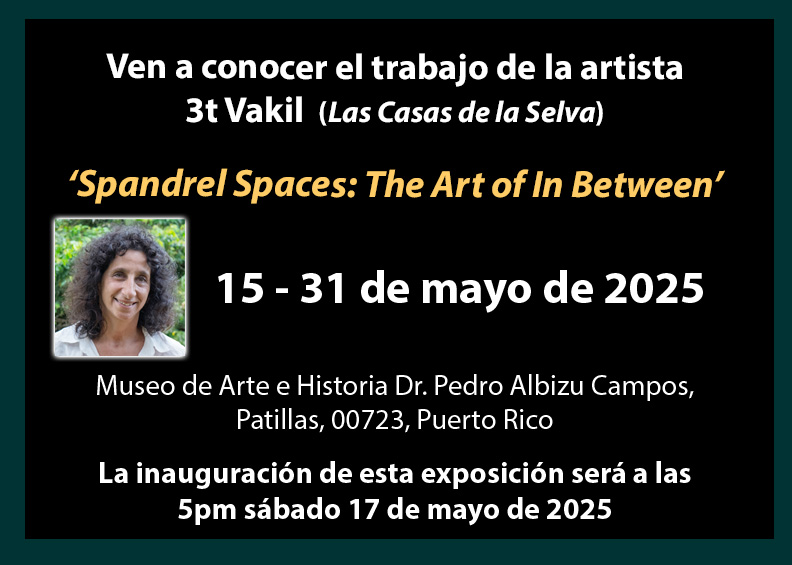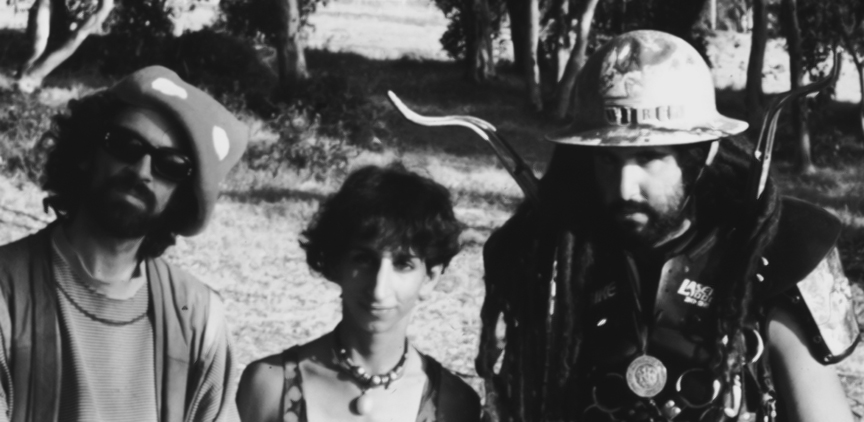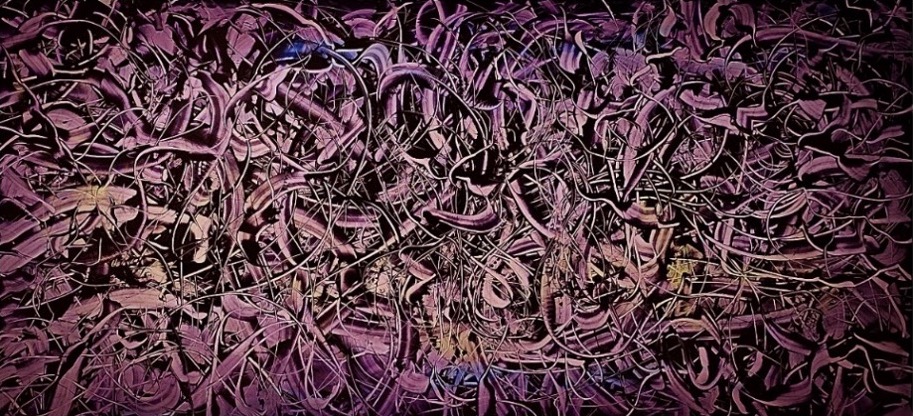
Blog

3T Vakil
Artist Rooted In The Rainforest
Related Posts



My Crazy Life

Artist’s Statement: “Spandrel Spaces: The Art of In-Between”
Echoes in Absence: the Unseen Threads of Commitment
 When you pledge to attend (anything), it seems like a very simple act, but spider-like you create an invisible thread that binds you, the promisor, with the promisee, in a dance of expectation and disappointment.
When you pledge to attend (anything), it seems like a very simple act, but spider-like you create an invisible thread that binds you, the promisor, with the promisee, in a dance of expectation and disappointment.
The impact of breaking this thread is tangible.
This happened today. The expectation of a much-anticipated meeting at the start of the day made the absence of a crucial participant all the more noticeable. This waiting turned into a silent conversation between those of us who were there, and the person who was supposed to be there, but never showed up, without any forewarning. Not only did the participant’s absence at the prearranged time violate social decorum, but it also interfered with our shared temporal intersection. This delay brought attention to how crucial it is to synchronize our personal time with that of others, respecting the finite nature of time that we all possess.
As the day progressed, the pattern of absence continued with two expected guests canceling their trip to volunteer at our project, thereby missing the specially prepared dinner and gathering, and taking up the time of those tasked with preparing beds and clearing up. Each instance of absence added to a rising tide of unreliability, threatening to submerge the trust and mutual expectations vital for our community’s cohesion. These last-minute cancellations felt like breaches of the social contract we had implicitly entered into by agreeing to accept them as guests in the first place; they had made the initial request to come.

Though necessary, the ensuing apologies rang hollow, echoing more as perfunctory responses to broken promises rather than genuine expressions of remorse. In the social exchange, their value reflected the law of diminishing returns: with each successive apology, less forgiveness and trust were garnered. The lack of follow-through to address the conduct proved to be a key indicator of how sincere these apologies were, in addition to the regret expressed. The excuses did nothing except erode the mutual confidence they were supposed to repair.
I reflected on the virtue of patience, as I faced these disappointments. Today, and every day, we have a conscious choice to remain fully composed in the face of delays and broken promises. I chose patience to align myself with a viewpoint that acknowledged the transitory nature of my frustrations. It was an exercise in self-control, an expression of dignity and self-mastery.
Patience, I have found, does lead to resilience, as well as empathy, and a deeper understanding of the human condition. The frayed threads of unkept promises and the deep silence left by absence highlighted the role that presence, or its absence, plays in the delicate embroidery of human relationships. In steering through these interactions, I uncovered a newfound strength by embracing patience, not as a passive stance, but as an active choice that brings with it a sense of calm and control.

Then along came the transformative power of forgiveness, and when it emerged, boom, it felt like an act of self-liberation! It offered me a release from the heaviness of resentment, that can manifest in rumination and ill-will. I chose to forgive the unkept promises and the absentees, and by doing so, I found a sense of inner peace and reclaimed my power. The emotional tether that tied me to the disturbances of the day was torn, allowing me to detach and move forward with a clear mind and light heart.
These choices, pivotal in shaping my own journey, also serve as silent, yet powerful contributions to the collective mosaic of our social fabric. Each decision to be patient, every act of forgiveness, adds a stroke of resilience and compassion to the broader picture of human connection, reminding us of our shared humanity and our ability to rise above transitory challenges.
All images are prompt-engineered and composed by 3t Vakil in Midjourney & Photoshop.

